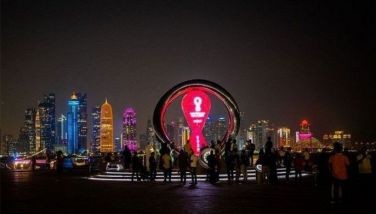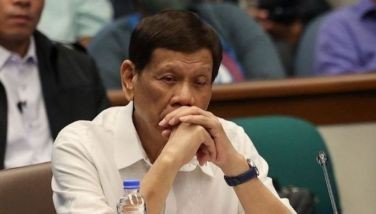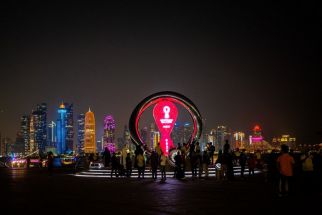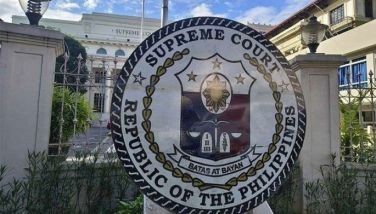Philippines woos Japan, Asean investments in renewable energy
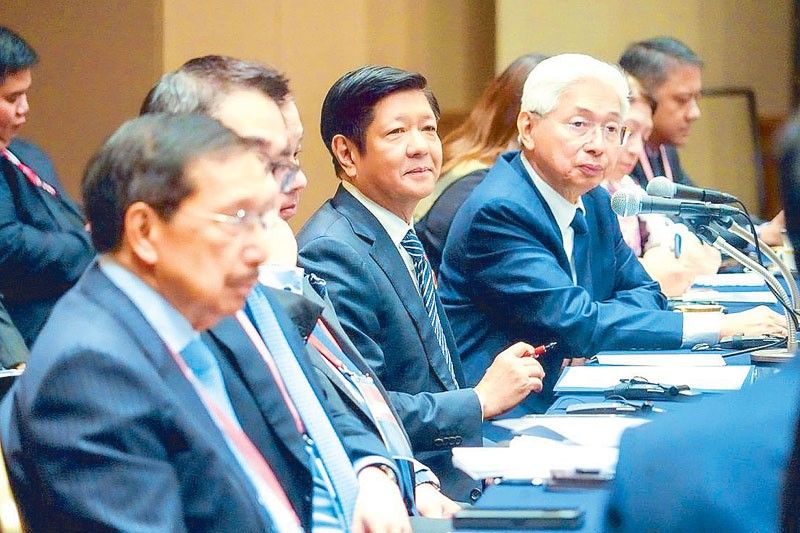
TOKYO — Now open to full foreign ownership, the renewable energy sector is ripe for picking as a viable investment, President Marcos said yesterday as he invited Japan and members of the Association of Southeast Asian Nations (ASEAN) to give it a try, along with “other emerging technologies.”
In a speech at the Asia Zero Emission Community (AZEC) leaders’ meeting here, Marcos said promoting the use of clean energy is important in ensuring a sustainable future. He added that the Philippines needs partnerships as it transitions towards the use of sustainable, just, affordable and inclusive energy.
“I would like to invite our AZEC partners, including Japan, to invest not only in the Philippine renewable energy industry, but also in other emerging technologies and introduce energy efficiency and conservation measures,” the President said.
ASEAN member-countries, Japan and Australia comprise AZEC.
Marcos enumerated policies that seek to promote the renewable energy sector, including tax incentives and the lifting of foreign ownership limits.
The Philippines has also set in place a framework for building a robust offshore wind industry, he added.
“Investors in the Philippines can also now avail of the simplified rules for building renewable energy facilities and may also avail of additional incentives such as income tax holidays and duty-free importation of capital equipment,” the Chief Executive said.
Marcos said the first wind farms in Southeast Asia were built in Ilocos Sur province during his term as governor.
He revealed that the Philippines seeks to raise the renewable energy share in its power generation mix to 35 percent in 2030 and to 50 percent in 2040. This would amount to about 3.3 billion tons of avoided greenhouse gas emissions over the 2023-2050 planning horizon, almost doubling the country’s targeted emission reduction from the business-as-usual for the same period, Marcos added.
Marcos also thanked Japan for its interest in partnering with the Philippines for the creation of a roadmap for energy transition.
“I hope that this collaboration will pave the way for the creation and realization of the AZEC Center, which I have been informed is currently being organized,” he added.
Japanese Prime Minister Fumio Kishida affirmed the importance of achieving a common goal of “net-zero emissions through various pathways” and of a triple breakthrough of simultaneously achieving “de-carbonization, economic growth and energy security.”
He also assured AZEC members that Japan would continue to contribute to achieving de-carbonization in Asia.
Joint statement
At the same meeting, leaders of the AZEC countries issued a joint statement highlighting their commitment to adopt various measures toward de-carbonization to address climate change. They vowed to advance cooperation toward carbon neutrality and net zero emission to contain the increase in the global average temperature to well below two degrees Celsius above pre-industrial levels.
The AZEC leaders also agreed to promote policy support and collaboration in tangible projects through tailored approach towards de-carbonization with the use of various technologies such as heat pumps, scaling up renewable energy, energy storage, regional interconnectivity and improving grid flexibility, as well as the use of nuclear energy, including small modular and other advanced reactors.
They also committed to foster public-private partnerships to fast-track energy transitions through the creation of specific energy transition projects.
During Marcos’ visit here, the Philippines signed nine business deals worth P14 billion, a development that officials said reflected investors’ interest in the Philippines, officials said.
The agreements, inked during a business roundtable meeting yesterday, involved mutual cooperation in sectors like infrastructure, manufacturing and business process outsourcing.
“I think the number that was given to us for today, just for those pledges...it was nine companies but to the value of P14 billion. But some of these are extensions of already existing contracts. They will expand their operations,” the President told reporters.
Trade officials said the new signed agreements and pledges may create a total of 15,750 jobs.
Presidential adviser on investment and economic affairs Frederick Go said more than 20 companies also updated Marcos on their pledges from his Japan visit last February.
He said the amount of actualized investments from the President’s trip earlier this year has reached P169 billion.
According to Marcos, the letters of intent signed in February and those inked yesterday worth a total of P771.6 billion or about $14 billion in pledges from Japanese investors. The commitments may generate some 40,000 jobs, the President said.
“Your interest in doing business with us will surely help achieve mutual economic growth between the Philippines and Japan,” Marcos told investors during the meeting.
In a statement, the Presidential Communications Office (PCO) said among the entities involved in the agreements were the state-run Bases Conversion and Development Authority (BCDA) and Japan Overseas Infrastructure Investment Corp. for Transport and Urban Development, set to collaborate on studies relevant to the development of the New Clark City. — Alexis Romero
- Latest
- Trending



















